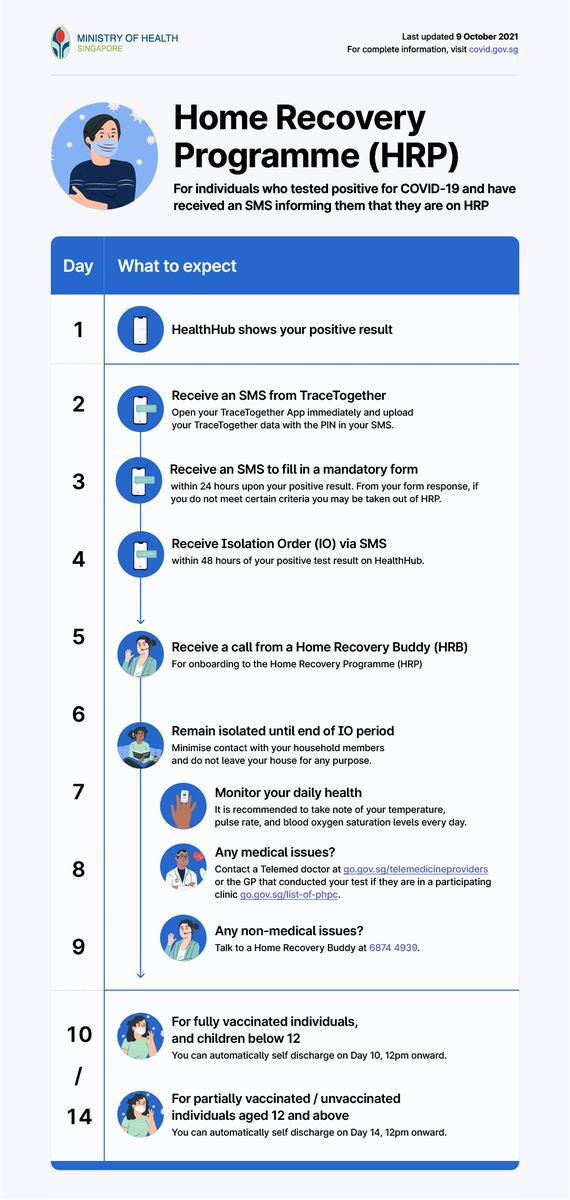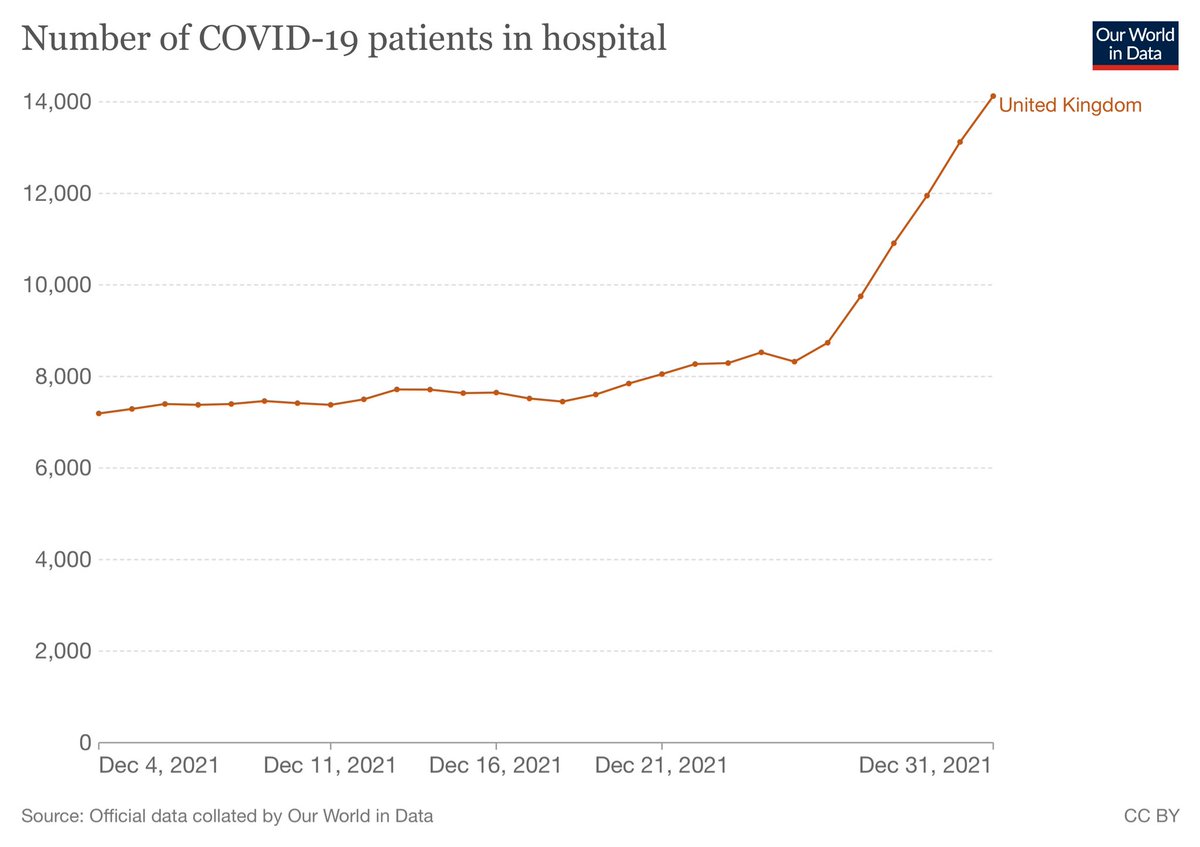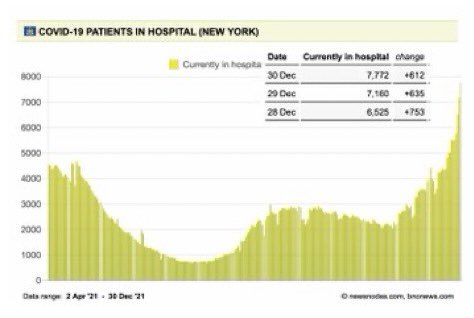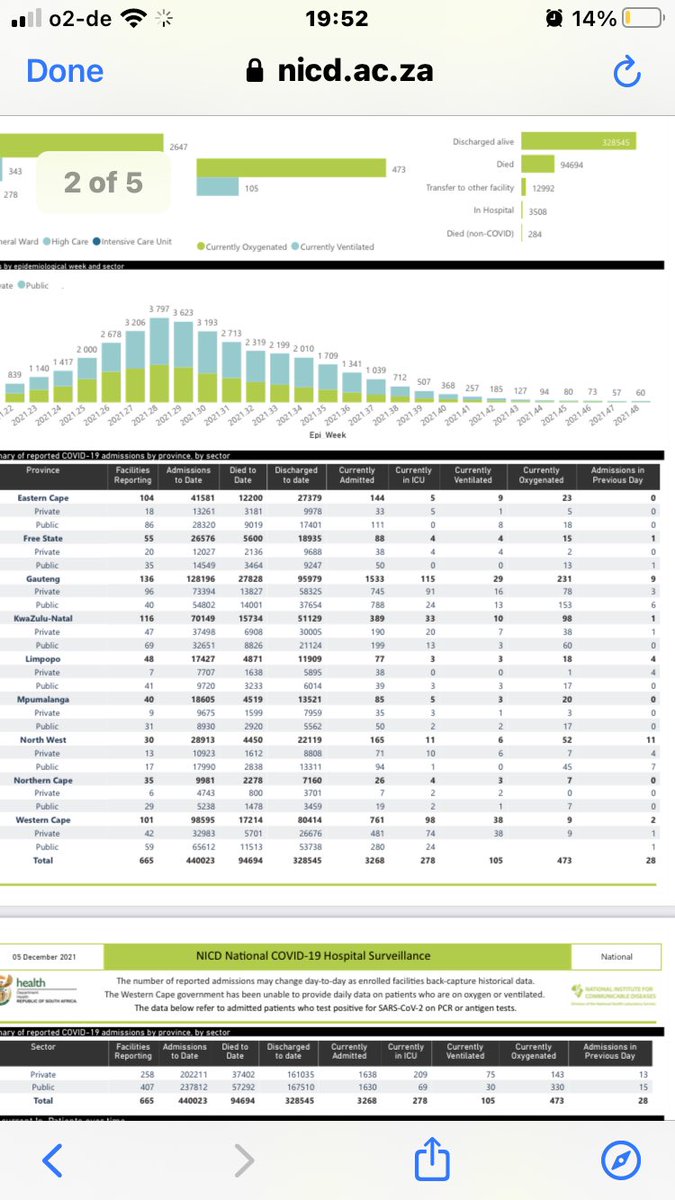
"Living with Covid" means different things in different countries.
Lets look at Singapore...
@chrischirp @ChrisCEOHopson @Kit_Yates_Maths @jburnmurdoch @DrGregorSmith @devisridhar @theAliceRoberts @doctor_oxford @DrEricDing @Dr2NisreenAlwan
Lets look at Singapore...
@chrischirp @ChrisCEOHopson @Kit_Yates_Maths @jburnmurdoch @DrGregorSmith @devisridhar @theAliceRoberts @doctor_oxford @DrEricDing @Dr2NisreenAlwan
Singapore has performed well.
About the size of Scotland (pop 5m.), they have suffered 800 deaths.
They began with a 3 month Lockdown, which they used to significantly increase care capacity.
They have 5000 additional Covid Care Beds and opened 900 Public Health Clinics (GP-led).
About the size of Scotland (pop 5m.), they have suffered 800 deaths.
They began with a 3 month Lockdown, which they used to significantly increase care capacity.
They have 5000 additional Covid Care Beds and opened 900 Public Health Clinics (GP-led).

Apart from brief periods, routine care has continued relatively unaffected by Covid. GP's and private hospitals have been financially supported to provide routine care, while GP's and government hospitals tackled Covid.
This is reflected in their low excess mortality rate:
This is reflected in their low excess mortality rate:

And they have maintained a dynamic response to fluctuating levels of Covid-19, not too dissimilar to the Levels put in place by Scotland.
Combined with excellent Contact and Trace services (around 500 employees/volunteers), they have largely avoided subsequent full lockdowns.
Combined with excellent Contact and Trace services (around 500 employees/volunteers), they have largely avoided subsequent full lockdowns.
Singapore Government took the view that they will suppress the virus in hospitality, recreation, and work environments to permit schools, hospitals and other essential services to continue.
They focused on:
▪️Masks
▪️Ventilation
▪️Testing and Tracing
▪️And supported isolation.
They focused on:
▪️Masks
▪️Ventilation
▪️Testing and Tracing
▪️And supported isolation.
Moving forward...they have a highly vaccinated population, an excellent Covid Clinical Care Pathway, and a functioning Contact and Isolation service.
They have diminished the threat posed by Covid.
And are now looking to "Covid Resilience Phase".
They have diminished the threat posed by Covid.
And are now looking to "Covid Resilience Phase".
1. They remain dynamic, shifting protective measures depending on level of cases
2. They have limited work environments to max of 50%, sometimes only vaccinated, and all require LAT flows to enter work environment. Employers have guidance on ventilation.
moh.gov.sg/covid-19-phase…
2. They have limited work environments to max of 50%, sometimes only vaccinated, and all require LAT flows to enter work environment. Employers have guidance on ventilation.
moh.gov.sg/covid-19-phase…
3. Schools intermittently move to online learning, again if case numbers are high.
4. They are also moving further towards community management of low risk cases...with financial and practical support to GPs to facilitate.
5. Shortened isolation period under certain conditions
4. They are also moving further towards community management of low risk cases...with financial and practical support to GPs to facilitate.
5. Shortened isolation period under certain conditions

There is also very clear public messaging and instructions on how to self-isolate at home, regular support and clear criteria for escalation: prolonged fever, shortness of breath, chest discomfort..
Summary
Singapore have enjoyed more freedom than many countries, better economic recovery, and MOST importantly, they have saved thousands of lives through a combination of public health interventions and good clinical care.
Singapore have enjoyed more freedom than many countries, better economic recovery, and MOST importantly, they have saved thousands of lives through a combination of public health interventions and good clinical care.
Singapore now face the milder Omicron variant with...
▪️a good level of vaccine derived immunity,
▪️a working Contact and Trace service,
▪️clear criteria for relaxation/escalation of protections
▪️clear home treatment pathways
▪️significant increase to healthcare capacity
▪️a good level of vaccine derived immunity,
▪️a working Contact and Trace service,
▪️clear criteria for relaxation/escalation of protections
▪️clear home treatment pathways
▪️significant increase to healthcare capacity
What can we learn?
1. Diminish the threat posed by the virus
- good clinical care pathways
- support primary care
2. Dynamic response to keep essential services open
- prioritise schools, healthcare, etc...
3. Maintain good public health controls
4. Transition to "Living with it"
1. Diminish the threat posed by the virus
- good clinical care pathways
- support primary care
2. Dynamic response to keep essential services open
- prioritise schools, healthcare, etc...
3. Maintain good public health controls
4. Transition to "Living with it"
• • •
Missing some Tweet in this thread? You can try to
force a refresh










